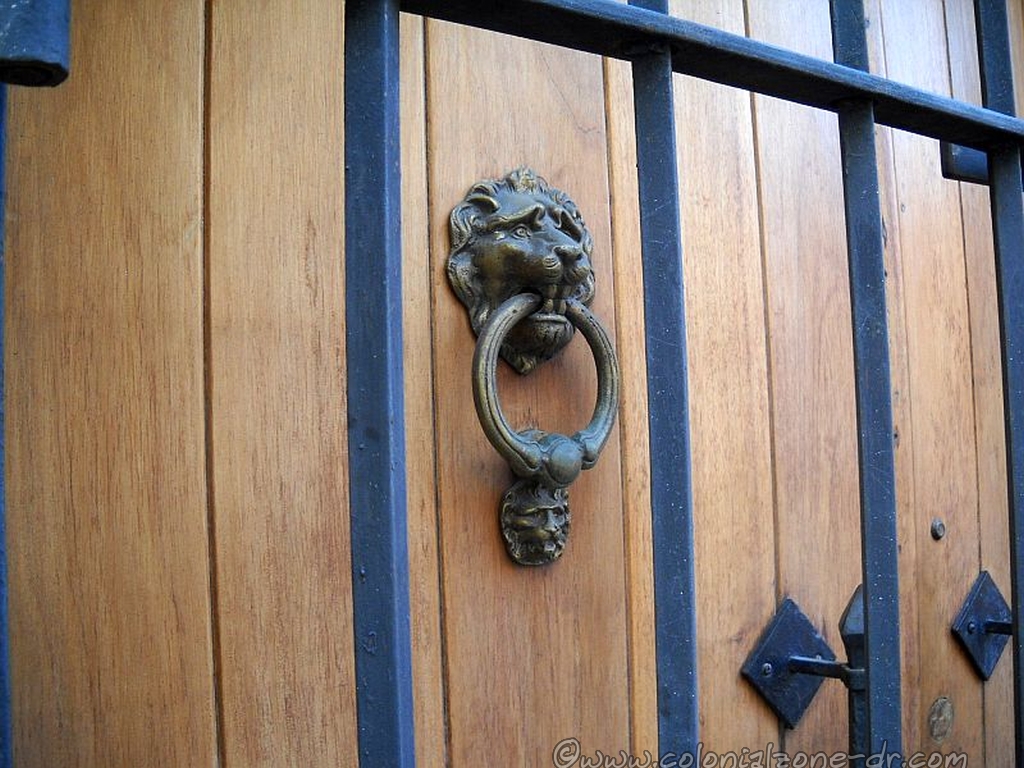LETTER A
The Way Dominicans Speak / Cómo Hablamos Dominicanos – Dominicanismos Dictionary
The slang used in the Dominican Republic.
A – a
A caco – to shave a head bald, especially when trying to hide their hair loss
A nivel – used to describe when something is pleasurable, almost like “really cool”
A po’ ta’ bien – “Ah, it’s OK”
Abombao – when someone had lots to eat.
Abombarse – rotten or spoiled food, fruit and water
Abur-Abur – equal to bye-bye

Ace – powdered soap, laundry soap
Acechar – to watch or control
Acetona – Nail polish remover
Aficiao – (pronounced ah-fee-Chow) to be enamored with, in love with or complexly asphyxiated with another person.
Agallú (or Agayú) – greedy, when one has more than enough and does not share. Selfish.
Aguajero – BS’er, full of it, speaks a lot and does nothing, brags and boasts all the time.
Agolpear – (Golpear) to strike, hit
Ahora – now
Ahorita – Soon, later, maybe never in “Dominican time”
Alta Gama – High end or high quality. Urban artist Rochy RD popularised the term. It can also mean getting rich by committing crimes. (2012)
Anchoas, anchoitas – pin curls (thanks Nicole)
Anjá – sort of like saying “What!” “Wow!”
Ajebrarse – to physically fight with another person
Ajumao – A drunk
Al trisito – when something is about to happen or almost happened. “We al tristo wrecked”
Alante – (similar to adelante) to move ahead, go forward, to call the next person in a line. You will hear it used when your turn is next while in a waiting line.

Aldaba – Door Knockers. It is a traditional word of Arabic origin.
Alelao – a man who is a little slow or stupid
Allantoso – Bragger, phony
AMET – (El AMET) the traffic police (police contact numbers)
Amorcita (o) – my little love (feminine or masculine) used as a term of endearment not necessarily love
Anda el Diablo (sometimes spoken as one word Andaeldiablo) – It is usually said as an exclamation with the emphases on the word anda. Used like the word Damn! when surprised or frustrated. Translated loosely as “The devil walks” or “Hanging out with the devil”.
Añuga – to choke
A su orden – At your command. “Your welcome” or “It’s nothing”
Apechurrao, Apiñao, Apeñucao – to be very tight, to be packed in like sardines
Aplatanado – another name for Dominicans. Many do not like being called this. Also used for non-Dominicans that have evolved to become more Dominican the longer they stay in DR.
Aplicar – apply for a job
Apota – intentionally, deliberately
Arma una piña – to look for a fight
Arrecho – for a man to be excited sexually, erect
Arretao´- a very bold person, stupidly brave
Asorao – surprised
Astoa – A word with many meanings, but saying “Estoy astoa” (I’m fine) is basically when a person is just fine.
averiguao – (from the spanish word averiguador) a person who is very nosey (thanks Nicole)
Avion – (literally means airplane) a woman that does sexual favors for free; an easy woman





